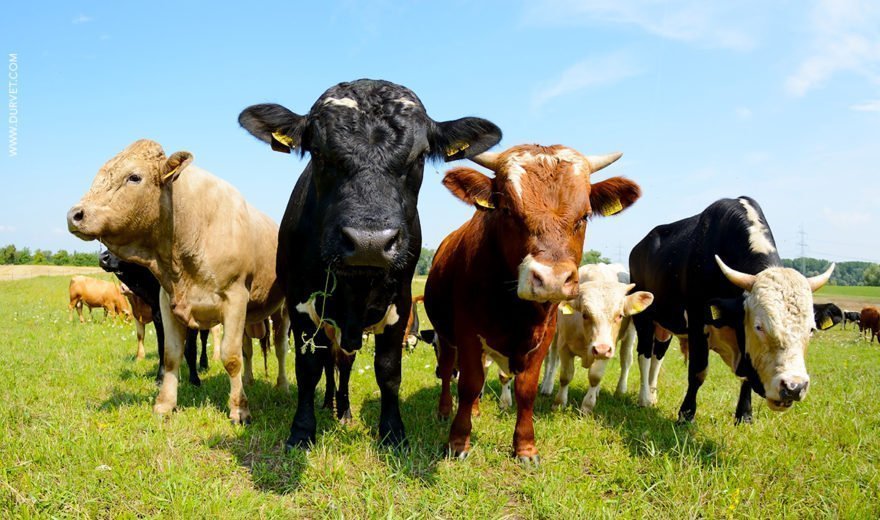
Vaccination vital to prevent blackleg and other clostridial diseases in livestock
Several life-threatening livestock diseases are caused by bacteria called clostridia. These diseases are extremely aggressive and nearly always fatal. As a responsible animal owner, there are many ways to provide the best care for your stock when it comes to clostridial diseases – among them, vaccination is the most important.
Clostridia: A sneaky bacteria
Clostridia are anaerobic spores which means they don’t need oxygen to grow and can wreak havoc in herds. The spores are highly-resistant and can survive in the soil for long periods of time. They also form a protective covering in a dormant stage when exposed to heat or drying. Under certain conditions (i.e., change in the environment, stress, or injury), they will multiply and cause disease.
There are two ways for cattle to contract clostridial disease. Animals either ingest the spores with feed or through open wounds that allow the spores to enter.
Meet the clostridial family of organisms
The clostridial family of organisms cause a variety of diseases in cattle and other animals, such as sheep and horses. When the bacteria grow, a toxin is produced with devastating consequences. Common diseases include:
Blackleg
Caused by Clostridia chauvoei, blackleg is a highly fatal disease of (primarily) young cattle. Although it is an infectious disease, it is not a contagious one. Animals only contract it through the bacterial spores in the soil; it doesn’t pass from animal to animal. The organism can live in the soil for many years without causing problems.
Unusually wet or dry conditions can increase the risk of cattle contracting the disease. Drought can cause cattle to be exposed because grazing on shorter grasses may expose them to the spores. And wind can erode the soil, exposing the spores and spreading them. Conversely, flooding can also expose the spores to grazing cattle.
Clinical signs of blackleg include lameness, depression, fever, or sudden death. Treatment success is rare even if the illness is diagnosed – the first sign may be death. Vaccines are available to prevent this disease.
Black disease
Black disease is caused by Clostridia novyi and likely gets its name from the characteristic darkening of the underside of the skin. As with other clostridial organisms, C. novyi survives in the environment as a durable spore and is transmitted orally or through a contaminated wound. The spores cross the intestinal lining and set up home in the liver. Cattle infected with liver flukes are more susceptible to C. novyi infection; the damage caused by flukes creates an ideal environment for bacterial spores to multiply. The bacteria then release a toxin causing widespread harm to the liver.
Tetanus (lockjaw)
Although uncommon, another disease is tetanus, which is caused by the organism Clostridia tetani. This occurs when the bacteria get in a wound and damage tissue and grow. Since clostridial organisms grow best with no oxygen, tetanus is more common if the wound is deep or closed off. The organisms grow and produce a toxin which interferes with the nervous system. Tetanus may cause spasms of the muscles (often the jaw muscles are affected first, hence the name "lockjaw").
Choosing the right vaccine
Clostridial vaccines have proven to be very effective in the prevention of most clostridial diseases. However, they can be some of the most stressful vaccines given to cattle today, negatively affecting feed intake and weaning weights.
The VISION® line of clostridial vaccines by Merck Animal Health reduces the stress of vaccination and minimizes the negative impact on performance while maintaining efficacy. Infield trials, cattle vaccinated with VISION clostridial vaccines showed the following:
- Less post-vaccinal stress[1], appetite suppression, as well as swelling and inflammation at the injection site
- Better cost of gains[2] and feed conversion
- Greater weaning weights
Prevention is crucial to protect your herd against many clostridial diseases. Look for the VISION line that offers combination protection against several of the most common clostridial diseases.
Prevention is key
Although clostridial organisms are normal inhabitants of cattle and only become problematic on occasion. When the disease does occur the consequences can be devastating. Even if the disease is caught early, the prognosis is very poor.
It’s impossible to predict disease, so preventive measures, including vaccination, are emphasized. Your veterinarian can help you select not only which vaccines are important in your area, but the correct timing of these vaccinations.
Copyright © 2018 Intervet Inc., d/b/a Merck Animal Health, a subsidiary of Merck & Co., Inc.
[1]93-3, Merck Animal Health
[2] FTR FTR 93-9, FTR 93-14, FTR 93-15, FTR 96-5, Merck Animal Health

 BACK TO MAIN BLOG
BACK TO MAIN BLOG 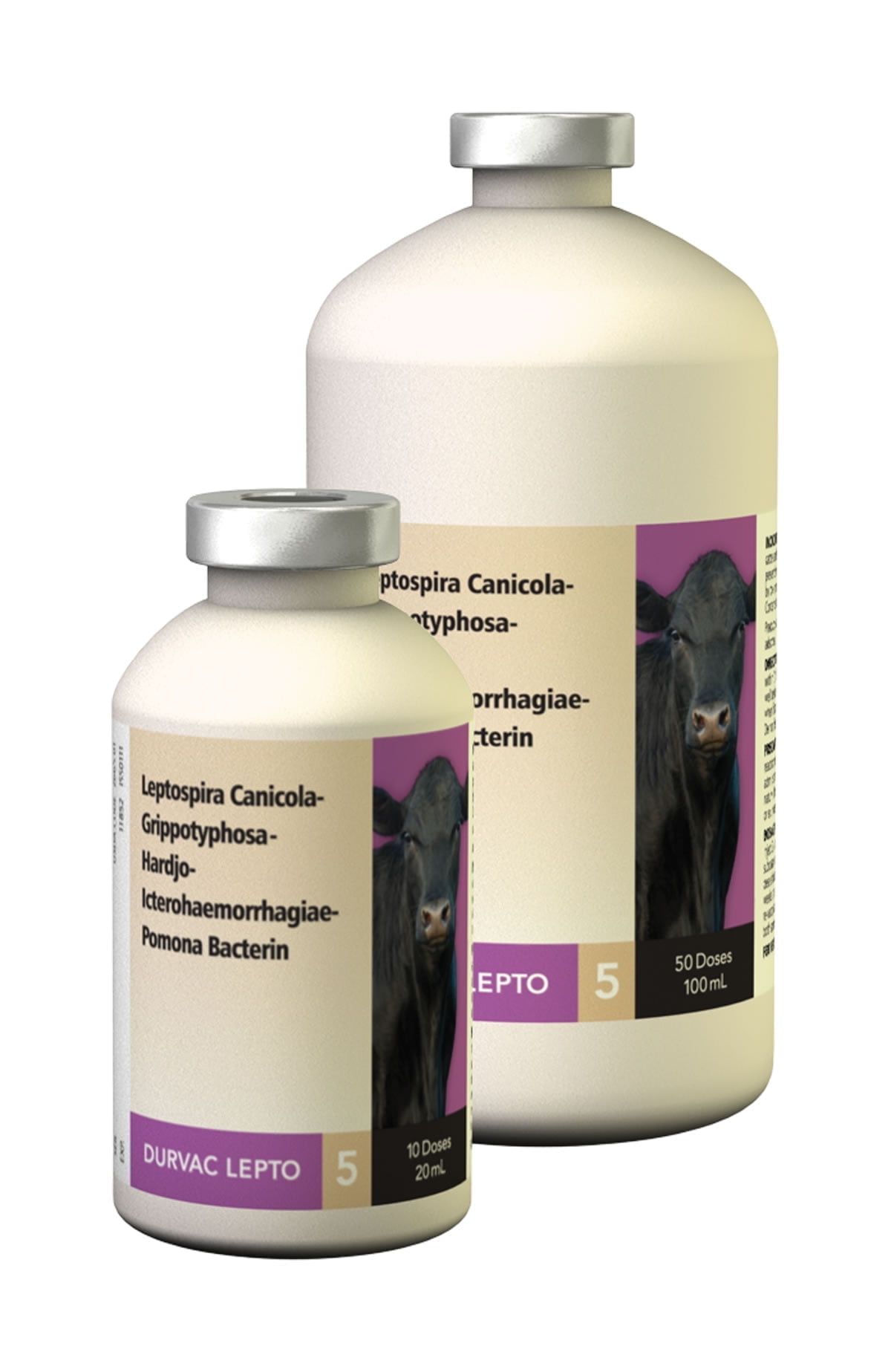
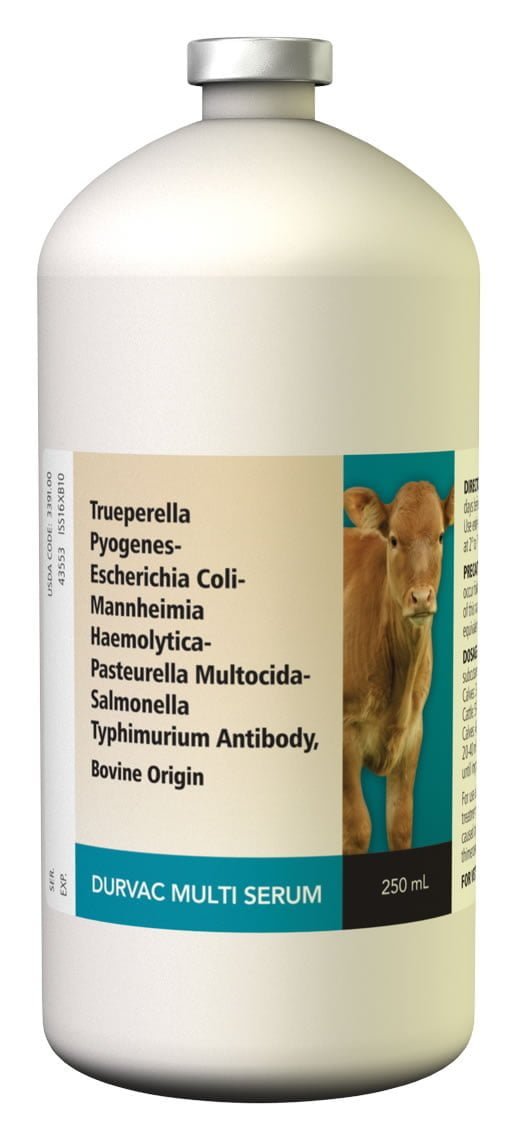
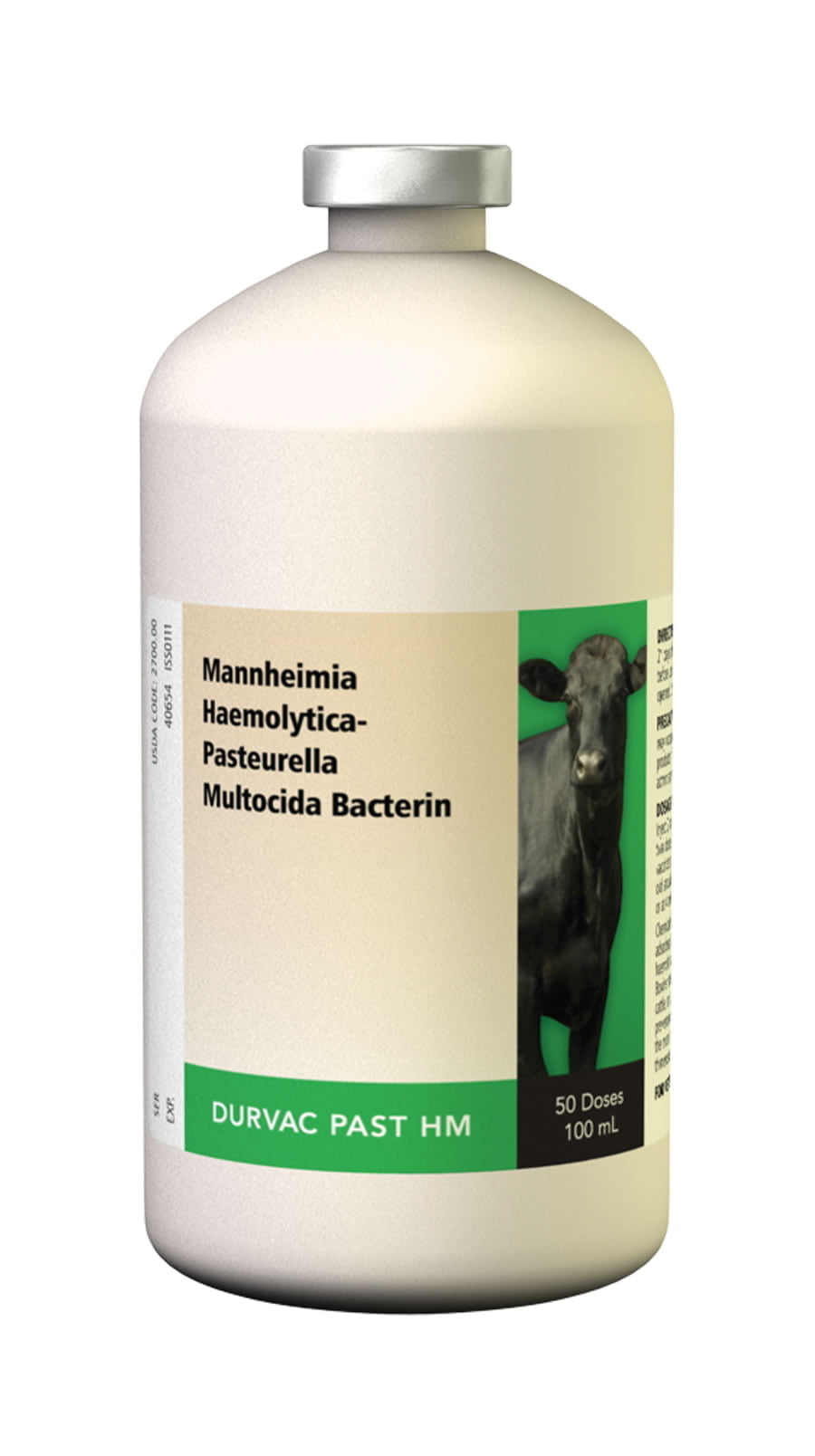
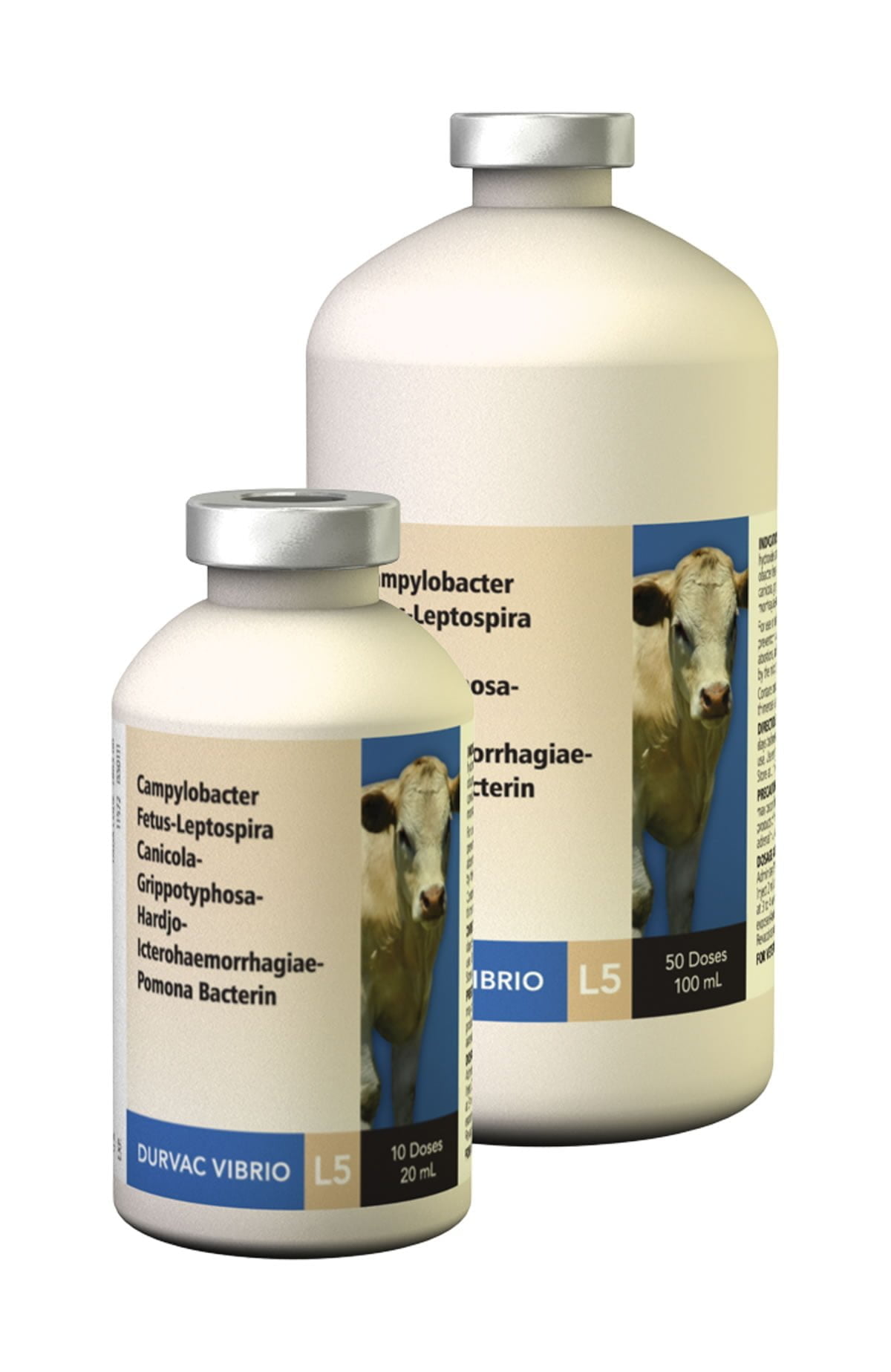
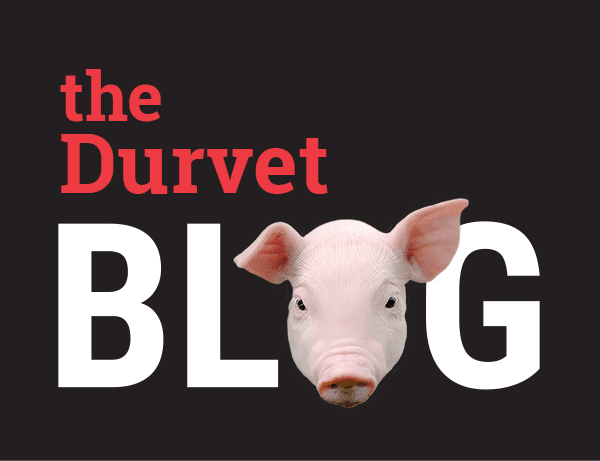
Comment